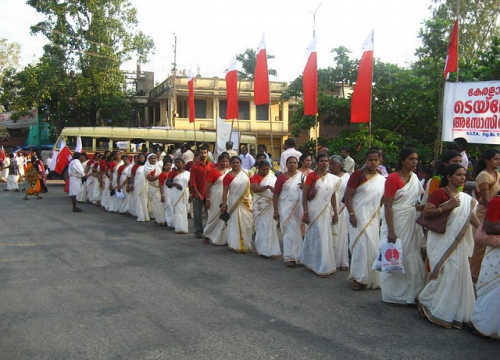Even as I write this piece, rain is pelting outside with confused intensity. Lashing from one direction for a few minutes, choosing a breather, wondering for a bit, and then continuing from another direction. The monsoons have been generous to Mumbai so far, even if the बृहन्मुंबई महानगरपालिका (Municipal Corporation of Greater Mumbai) would have you believe otherwise. Still plying excuses for it’s rationing of water supply.
The monsoon clouds visited Mumbai this year courteously ahead of schedule. The initial few introductory drizzles were performed with the etiquette of a classical vocalist offering the first stanza as a figurative obeisance to the lords before unleashing the full range. After the first few weeks, where intermittent rain and sunny skies created a steamy ambience, the wheather has been pleasantly cooler since July. Thanks much to the overcast conditions. Since then, Mumbai has witnessed thunderstorms with heavy rains and thunderstorm warnings with neither thunder nor storms. This year Mumbai also experienced window pane rattling winds, ripping off asbestos sheet roofs and the tarpaulin covers on it to protect from leakages. With Ganesh Chaturthi in sight now, the the rains have dwindled in frequency, staying true to custom yet again.

